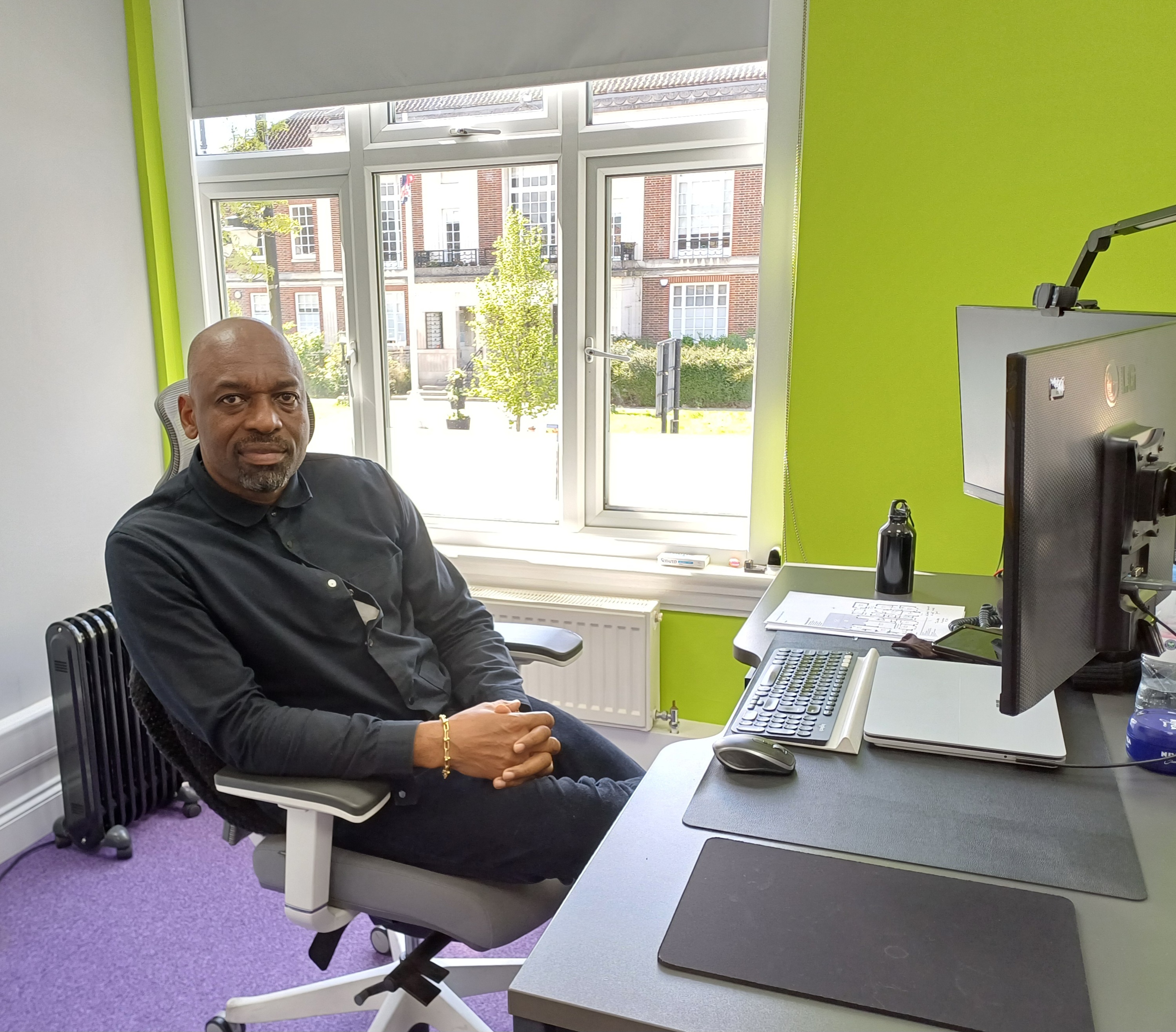
As a mentor working with young people aged 10-17, I have found immense fulfillment in guiding and supporting the next generation on their journey towards personal growth and self-discovery. From the outset, I have been enthusiastic about this role, recognizing the profound impact positive mentorship can have on shaping young minds.
Every interaction with these young individuals has been a rewarding experience, witnessing their development and witnessing the transformative power of mentorship. Whether it’s offering guidance through challenges, providing a listening ear, or simply being a consistent presence in their lives, I have seen firsthand how these efforts can make a difference.
My journey as a mentor has recently taken a new turn as I embark on a Master’s degree in Psychodynamic Counselling and Psychotherapy. This decision stems from my deep-rooted desire to further enhance my ability to support individuals, especially young people, in navigating the complexities of their emotions and experiences.
Studying psychodynamic counselling and psychotherapy has been an eye-opening experience, enriching my understanding of human behaviour, relationships, and the intricate workings of the mind. Through theoretical learning, practical exercises, and reflective practice, I have gained invaluable insights into the nuances of supporting individuals through their personal journeys.
One of the most significant aspects of my studies has been the emphasis on self-reflection. As a mentor, it’s essential to recognize the impact of our own experiences, biases, and emotions on our interactions with young people. Through introspection and self-awareness, I have learned to navigate these dynamics more effectively, ensuring that my approach remains empathetic, supportive, and non-judgmental.
Furthermore, my studies have equipped me with a diverse range of therapeutic techniques and interventions that I can apply in my role as a mentor. Whether it’s facilitating open dialogue, exploring underlying emotions, or empowering individuals to discover their strengths, I now have a deeper understanding of how to support young people in their journey towards self-discovery and growth.
For an example I have been mentoring a young person called Angel (name has been changed for safeguarding purposes) who seems to struggle with accepting constructive criticism. instead of viewing it as an opportunity for growth, Angel is defensive and withdrawn. Through my learning I have had to apply psychodynamic concepts which entails exploring the past drawing from psychodynamic principles. I explored Angels past experiences with authority figures; it is questionable as to whether she had overly critical parents or teachers, leading to a fear of criticism. Recognizing Angel’s defensiveness as a defence mechanism, you understand that it’s not a personal rejection of your feedback, but a protective response rooted in past experiences. My understanding of this has enabled me to create a safe and supportive environment. Instead of being critical, I provided feedback in a more reassuring and constructive manner, emphasizing strengths before discussing areas for improvement.
With this psychodynamic-informed approach, Angel began to feel safer and more understood. Over time, Angel has been more open to feedback, viewing it as a part of the learning process rather than a personal attack. This transformation not only improved Angel’s performance but also strengthens the mentor-mentee relationship.
By integrating psychodynamic counselling and psychotherapy knowledge into my mentoring practice, it creates a more nuanced, empathetic, and effective mentoring environment, helping my mentees grow both professionally and personally.
Looking ahead, I am excited about the opportunities that lie ahead in combining my experience as a mentor with the knowledge and skills gained through my studies. I am committed to continuing my journey of personal and professional development, striving to make a positive difference in the lives of the young people I have the privilege to mentor.
In conclusion, being a mentor to young people has been a profoundly rewarding experience, fuelling my passion for supporting individuals on their path to self-fulfilment. My studies in psychodynamic counselling and psychotherapy have further enriched my understanding and equipped me with valuable tools to enhance my role as a mentor. I am excited about the journey ahead and the opportunity to continue making a meaningful impact in the lives of young people.
References for further knowledge:
“The role of mentoring in promoting youth resilience” By the National Mentoring Resource Centre.
“Psychodynamic Therapy: A Guide for Evidence-Based Practice” by Richard F. Summers and Jacques P. Barber
“Basic Concepts in Psychodynamic Psychotherapy” by Glen O. Gabbard, M.D.
Author: Alanah Wampamba










Recent Comments